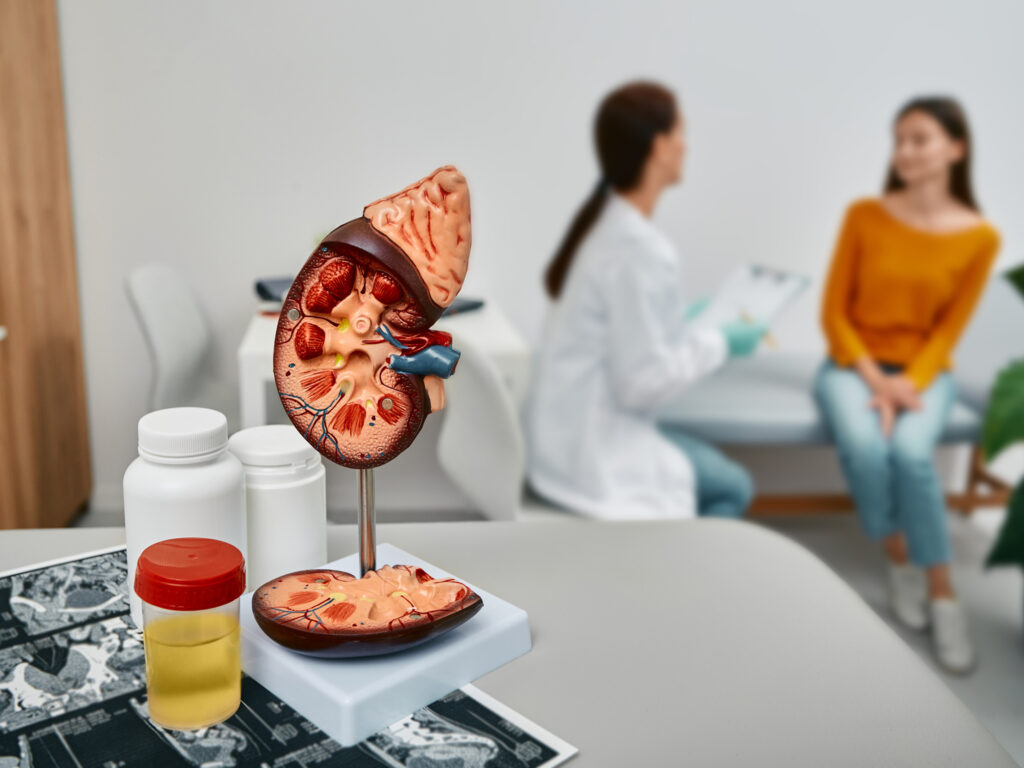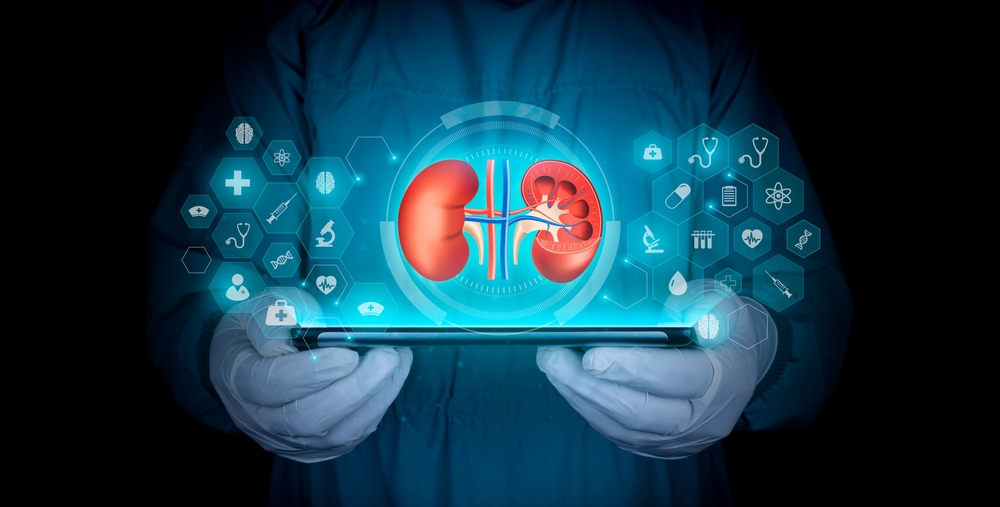Kidney disease, often referred to as a “silent disease,” is a growing concern worldwide. Many people are unaware that their kidneys are not functioning as they should because the symptoms can be subtle or nonexistent in the early stages. This is why early detection of kidney disease is so important. Detecting kidney disease early can lead to better management, improved outcomes, and even prevention of further complications. Routine tests are a crucial part of this early detection. Here’s why they matter.
The Silent Nature of Kidney Disease
Kidneys are vital organs that perform many essential functions, such as filtering waste, balancing fluids, and regulating blood pressure. However, kidney disease doesn’t always cause pain or immediate symptoms, especially in the early stages. People might not notice any issues until the disease has progressed significantly, at which point treatment becomes more complex and less effective. The key to preventing or slowing down the progression of kidney disease is identifying it before it reaches an advanced stage.
The Role of Routine Tests in Early Detection
Routine tests play an essential role in catching kidney disease in its early stages when intervention is most effective. Some of the key tests include:
- Blood Pressure Monitoring. High blood pressure (hypertension) is both a cause and a consequence of kidney disease. Regular monitoring can help detect kidney problems early, especially in people who are at higher risk.
- Urine Tests. A urine test can detect abnormal levels of protein in the urine, a condition known as proteinuria. This can be a sign of kidney damage, as the kidneys typically prevent protein from leaking into the urine.
- Blood Tests. A blood test that measures creatinine levels can indicate how well the kidneys are filtering waste. The glomerular filtration rate (GFR), which is calculated based on creatinine levels, provides an estimate of kidney function. A declining GFR could indicate kidney dysfunction.
- Imaging Tests. Ultrasounds, CT scans, and/or MRIs of the kidneys may be ordered to identify structural abnormalities, blockages, or other issues that could impair kidney function.
- Kidney Biopsy. In some cases, a biopsy may be needed to check its health and diagnose conditions.
Why Routine Tests Are Crucial
- Early Intervention. The sooner kidney disease is detected, the sooner it can be treated. Early intervention can prevent further damage, slow the progression of the disease, and improve quality of life.
- Prevent Complications. Kidney disease can cause complications such as cardiovascular, hematologic, and electrolyte imbalances, among others. Routine tests can help catch these problems early and allow doctors to manage them before they become more serious.
- Monitoring for At-Risk Populations. Certain groups, such as people with diabetes, high blood pressure, and family history of kidney disease, among others, are at a higher risk of developing kidney disease. Routine tests can help identify kidney issues before symptoms appear in these high-risk individuals.
How You Can Take Charge of Your Kidney Health
While kidney disease can be a silent threat, there are several steps you can take to ensure your kidneys stay healthy:
- Get Regular Checkups. Even if you feel healthy, make routine checkups a priority. Ask your healthcare provider to include kidney function tests as part of your regular checkups, especially if you have risk factors.
- Manage Your Blood Pressure. Keeping your blood pressure in check is one of the most effective ways to prevent kidney disease. Follow your doctor’s advice on medications, exercise, and diet to keep your blood pressure within a healthy range.
- Control Your Blood Sugar. For people with diabetes, maintaining good blood sugar control is essential for protecting kidney health. Regularly monitor your blood sugar levels and follow a diabetes management plan prescribed by your doctor.
- Stay Hydrated. Drink plenty of water to help your kidneys function properly. However, if you have kidney disease, your doctor may recommend specific fluid intake guidelines.
- Adopt a Healthy Lifestyle. Eating a balanced diet, exercising regularly, sleeping well, maintaining a healthy weight, staying hydrated, alcohol cessation, managing stress, and avoiding smoking can reduce your risk of developing kidney disease.
Final Thoughts
Kidney disease is a serious condition that can progress without showing symptoms, making early detection incredibly important. Routine tests for kidney function, including urine tests and blood tests, are crucial for identifying kidney problems in their early stages. With early detection, people can receive the necessary treatment to manage the disease, prevent complications, and maintain a good quality of life. If you’re at risk or simply want to take charge of your kidney health, make sure to schedule regular checkups with your healthcare provider. Your kidneys play a vital role in your overall well-being, and early detection is the key to protecting them.
Stay informed and take control of your kidney health!




